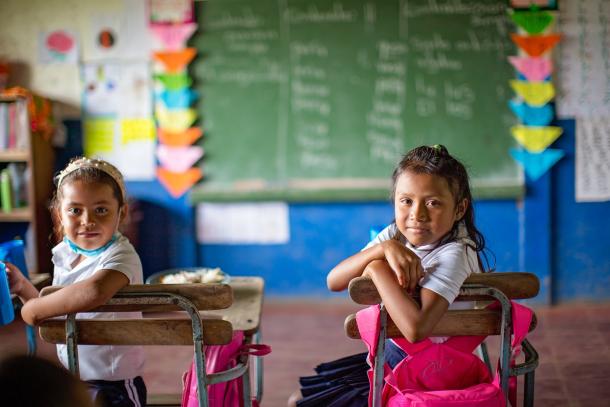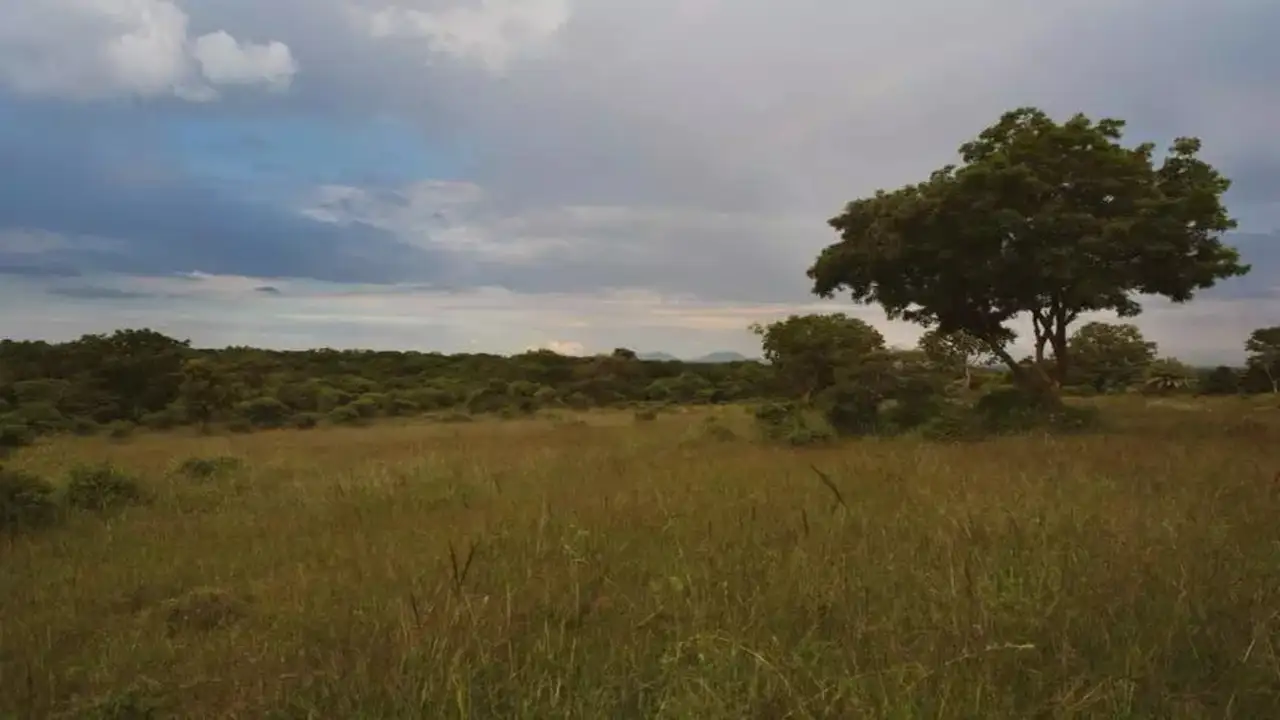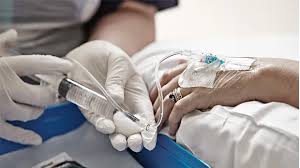- Courses
- GS Full Course 1 Year
- GS Full Course 2 Year
- GS Full Course 3 Year
- GS Full Course Till Selection
- Online Program
- GS Recorded Course
- NCERT (Recorded 500+ Hours)
- Polity Recorded Course
- Geography Recorded Course
- Economy Recorded Course
- AMAC Recorded Course
- Modern India, Post Independence & World History
- Environment Recoded Course
- Governance Recoded Course
- Science & Tech. Recoded Course
- International Relations and Internal Security Recorded Course
- Disaster Management Module Course
- Ethics Recoded Course
- Essay Recoded Course
- Current Affairs Recoded Course
- CSAT
- 5 LAYERED ARJUNA Mentorship
- Public Administration Optional
- ABOUT US
- OUR TOPPERS
- TEST SERIES
- FREE STUDY MATERIAL
- VIDEOS
- CONTACT US
UNESCO 's Education and Nutrition: Learn to Eat Well Report
UNESCO 's Education and Nutrition: Learn to Eat Well Report

Introduction
- The report titled “Education and Nutrition: Learn to Eat Well” was released by UNESCO on March 27, 2025, during the Nutrition for Growth (N4G) Summit hosted by France.
- It is a joint effort of the Global Education Monitoring (GEM) Report, the Research Consortium for School Health and Nutrition, and the School Meals Coalition’s Education and Nutrition Writing Group.
- The report highlights the critical two-way relationship between education and nutrition, advocating for a life-cycle and systems-based approach to advance both sectors and accelerate Sustainable Development Goals (SDGs).
Key Highlights of the report
1. How Nutrition supports Education
- Early childhood nutrition fuels learning.
Breastfeeding and early nutrition enhance brain development. In Jamaica, children in a targeted nutrition programme (1980s) showed better learning by age 22 than non-participants. - School meals improve academic outcomes.
In low- and middle-income countries (LMICs), a $100 investment per child adds 0.5 years of schooling and improves maths and reading scores (up to 0.20 standard deviation). - Meal quality is overlooked.
By 2022, only 93 of 187 countries had school food laws or standards, and 27% of school meal programmes lacked nutritionists. Sweden’s 1959 reform improved university enrolment by enhancing school meal quality.
2. How Education Improves Nutrition
- Educated mothers raise healthier children.
In LMICs, children of mothers with secondary education are less likely to be stunted or underweight. Bangladesh’s Alive and Thrive programme reached 8.5 million mothers, improving feeding practice - Public campaigns promote healthy diets.
Campaigns like LiveLighter (Australia) and Save the Food (U.S.) raised awareness on diet and food waste. C40 Cities promote healthy food in public settings like schools and hospitals. - Schools foster lifelong habits.
Programmes like Japan’s Shokuiku connect nutrition with culture and sustainability, shaping long-term dietary behaviours
3. Formal and Non-Formal Education Are Crucial
- Training gaps among health workers.
In 2022, only 14% of countries included proper training on infant and young child feeding in the pre-service education of doctors, nurses, midwives, and other health professionals.
- Farmer education improves food systems.
Hands-on learning and peer training help farmers adopt organic and climate-smart practices (systematic reviews up to 2021) - Universities drive systemic food thinking.
In Asia, Europe, and North America, higher education promotes interdisciplinary food system learning. In Bangladesh, Ethiopia, India, and Kenya, cross-sector leaders have turned such learning into effective policy.
4. Monitoring Nutrition Throughout the Life Course
- Expand monitoring beyond early childhood.
Global nutrition monitoring strategies focus almost exclusively on maternal, infant and young child nutrition indicators – and need to expand to cover school-age populations to better understand interlinkages with education.
- School meal tracking needs reform.
Globally, at least 459 million children, or 47% of primary school students, are covered by school meals, but indicators should include quality standards and align with national policy goals.
Understanding the Education–Nutrition Nexus
- Education supports better nutrition choices.
It builds knowledge and skills needed for healthy diets and is key to achieving SDG 2 (Zero Hunger) through informed food decisions and sustainable farming practices. - Nutrition enhances learning outcomes.
Adequate early childhood nutrition boosts growth, academic performance, and lifelong well-being, especially when supported by nutritious school meals and experiential learning. - Education and nutrition systems must work together.
Over 80% of school meal programmes have educational goals , yet stronger integration and joint monitoring remain essential. - Current gaps need attention.
Despite strong links, the intersection of education and nutrition remains under-researched, and school meal programme impact needs better tracking.
Recommendations from the UNESCO Report
1. Make Nutrition Education Lifelong and Practical
- Embed nutrition across all stages: Include nutrition in early childhood, school, adult learning, and public campaigns using formal and informal channels.
- Focus on skills and relevance: Combine knowledge with practical learning (e.g., cooking, gardening) and use media for culturally sensitive, evidence-based messages.
2. Position Schools as Hubs for Nutrition and Sustainability
- Adopt a whole-school approach: Combine meals, nutrition education, physical activity, and extracurriculars to support learning and healthy habits.
- Strengthen school food systems: Provide universal, locally sourced meals and integrate expert-led nutrition education. Use creative, structural solutions to improve food environments.
3.Strengthen Nutrition Through Multi-sectoral Collaboration
- Promote cross-sector coordination: Align education, health, and agriculture to address nutrition through shared goals and actions.
- Embed education in all policies: Integrate learning and communication in nutrition strategies to improve awareness and long-term impact.
4. Build Skilled Human Capital for Nutrition Transformation
- Strengthen health workforce training: Integrate nutrition into medical, nursing, and community health worker curricula to close critical knowledge gaps.
- Invest in school and agricultural expertise: Ensure school meal programmes include trained nutritionists. Reform agricultural education to include climate-smart, nutrition-focused practices with hands-on learning.
- Promote interdisciplinary food system education: Develop higher education programmes that link nutrition, sustainability, and food justice to build leadership for systemic change.
5. Monitor Education–Nutrition Links Across the Life Course
- Track school-based nutrition programmes: Strengthen monitoring of school meals and health initiatives to assess impact and guide improvements.
- Expand data beyond early childhood: Collect nutrition indicators for school-age children and link them to education outcomes beyond the first 1,000 days.
- Refine global indicators for better alignment: Improve the SDG 4 school meal indicator to reflect policy goals, ensure quality comparability, and enhance survey methods.
Conclusion
Education and nutrition must be addressed together through a lifelong, integrated approach. Their interdependence is vital for achieving SDG 2 (Zero Hunger) and SDG 4 (Quality Education). Investing in people’s knowledge, food systems, and monitoring frameworks will unlock long-term gains for health, learning, and sustainability.
|
School Nutrition Programs in India PM POSHAN Scheme
Key Features of PM POSHAN
Other School-Based Nutrition Interventions 1. Eat Right School Program This FSSAI initiative creates awareness about food safety, nutrition, and hygiene among school children, recognizing that:
The program includes:
2. Ragi Milk Initiative In November 2024, Karnataka introduced Ragi milk three times a week as part of the Mid-Day Meal Scheme 3. Fortified Milk Pilot Project In January 2025, Odisha implemented a pilot project providing fortified milk (Vitamin A and D) to 44.5 lakh children 4. Extended Mid-Day Meal Scheme Andhra Pradesh extended the mid-day meal scheme to junior college students in January 2025, benefiting an additional 1.5 lakh students on top of the 36.6 lakh primary school students already covered |
|
About Nutrition for Growth (N4G) Summit – Paris 2025 The Nutrition for Growth (N4G) Summit is a global pledging event held every four years in the host country of the Olympic and Paralympic Games. The latest summit took place in Paris on March 27–28, 2025, hosted by the Government of France. Background
Objectives of the 2025 Summit
Key Focus Areas
Global Relevance |
|
About UNESCO Founded in 1945, the United Nations Educational, Scientific and Cultural Organization (UNESCO) is a specialized UN agency headquartered in Paris. It works to promote peace, security, and sustainable development through international cooperation in education, science, culture, and communication. Core Objectives
Recent Key Initiatives
Governance Structure UNESCO is led by three key bodies:
|
|
Also Read |
|
| NCERT Books For UPSC | |
| UPSC Monthly Magazine | Best IAS Coaching in Delhi |



